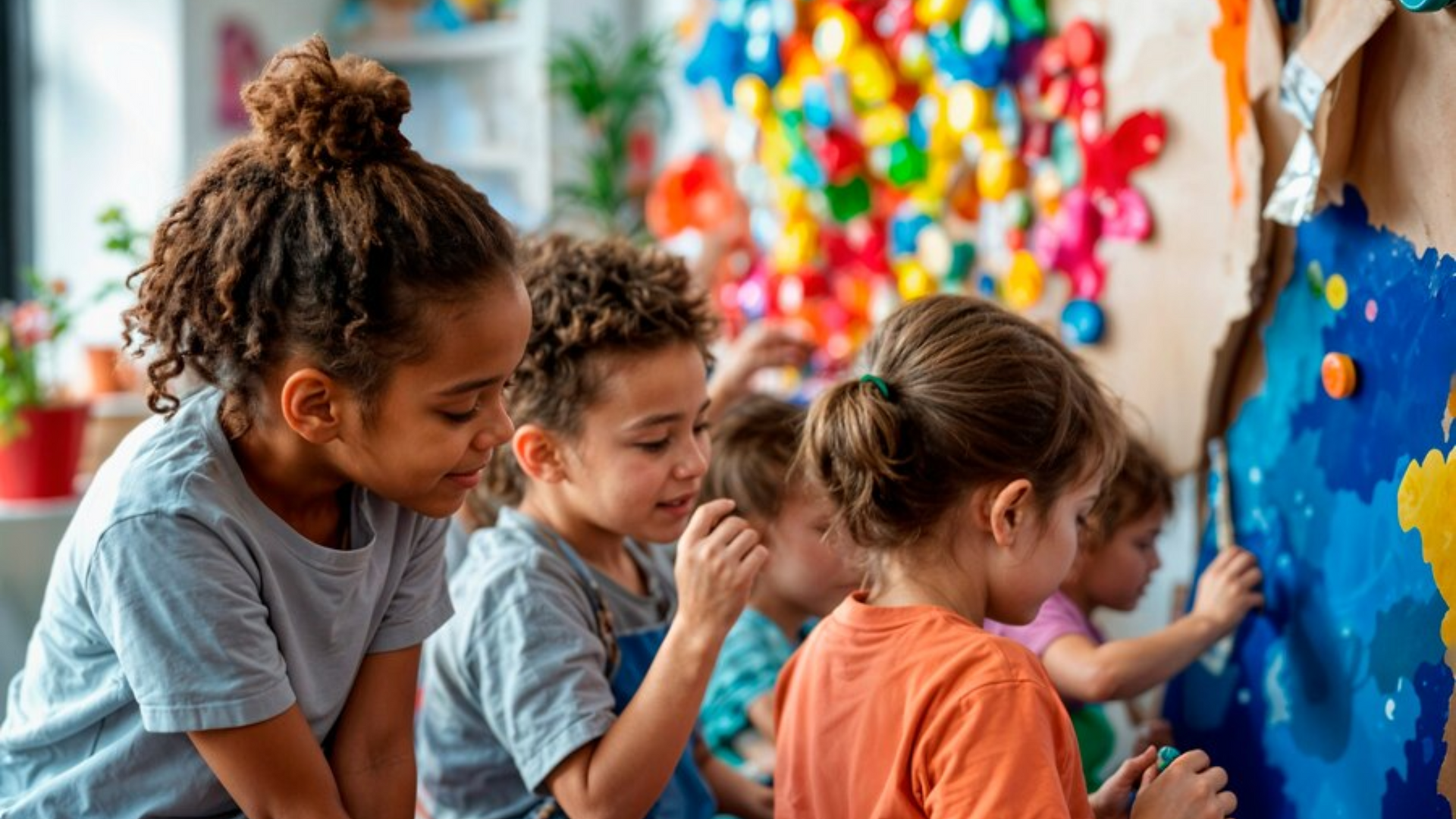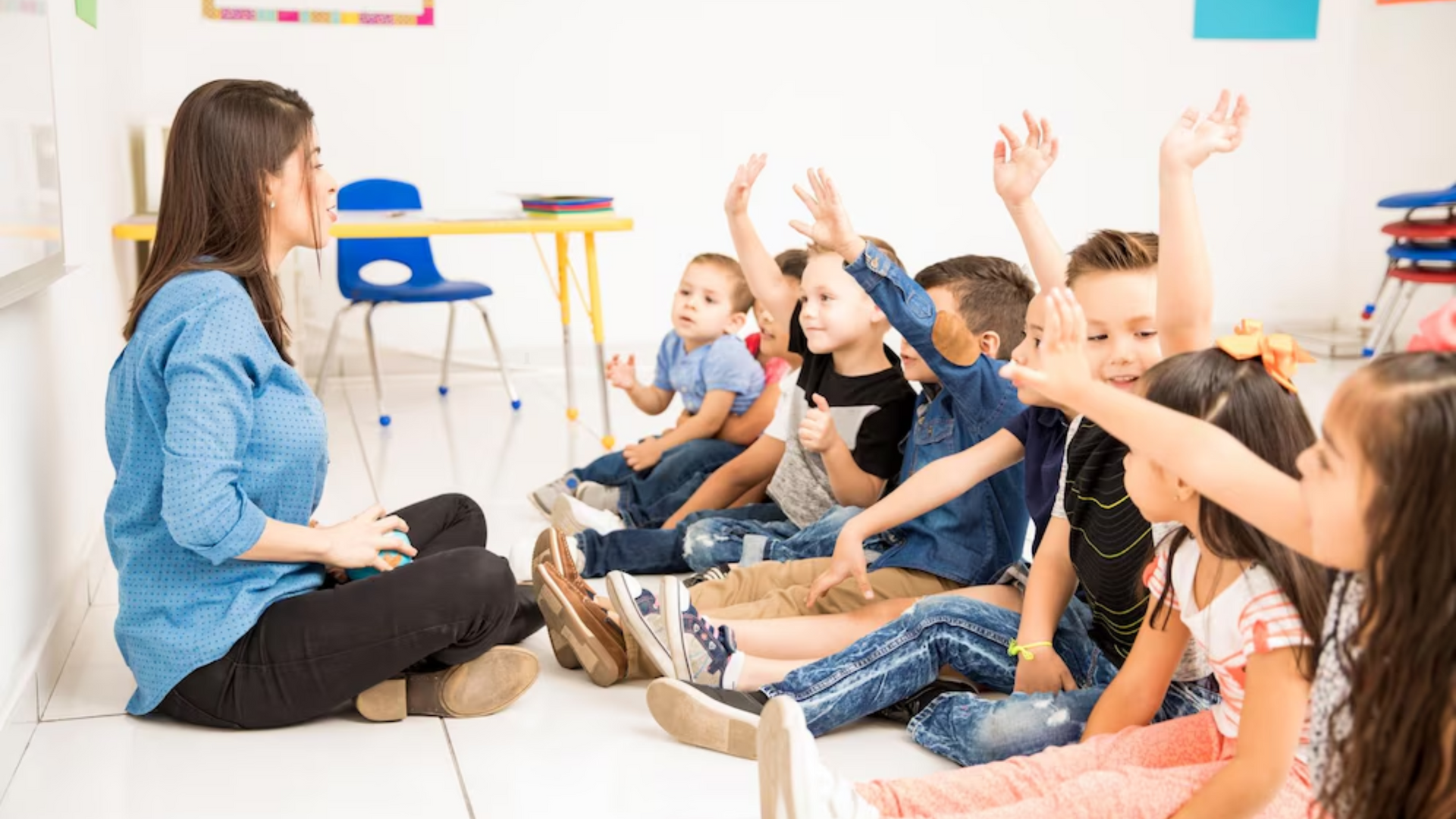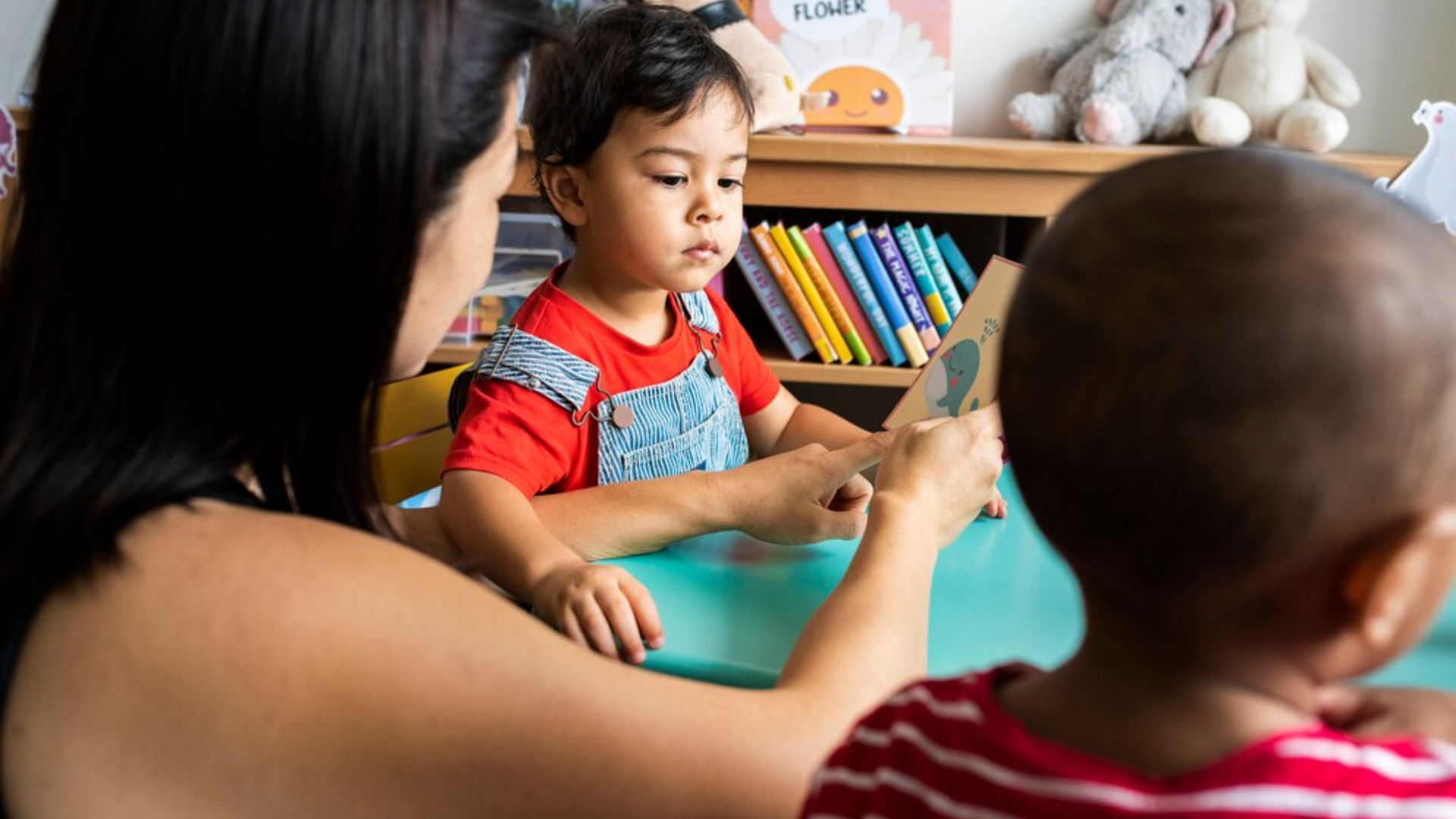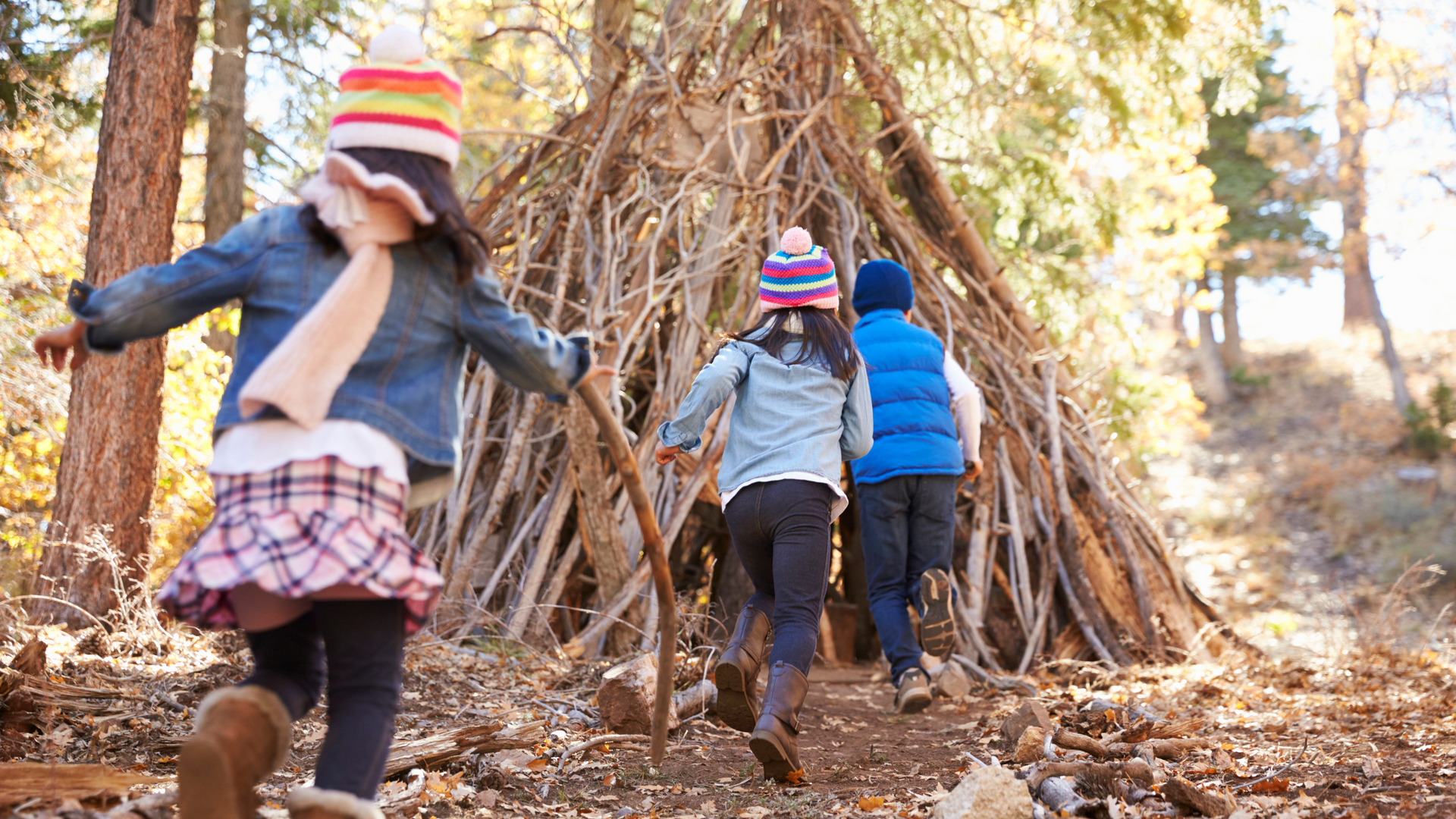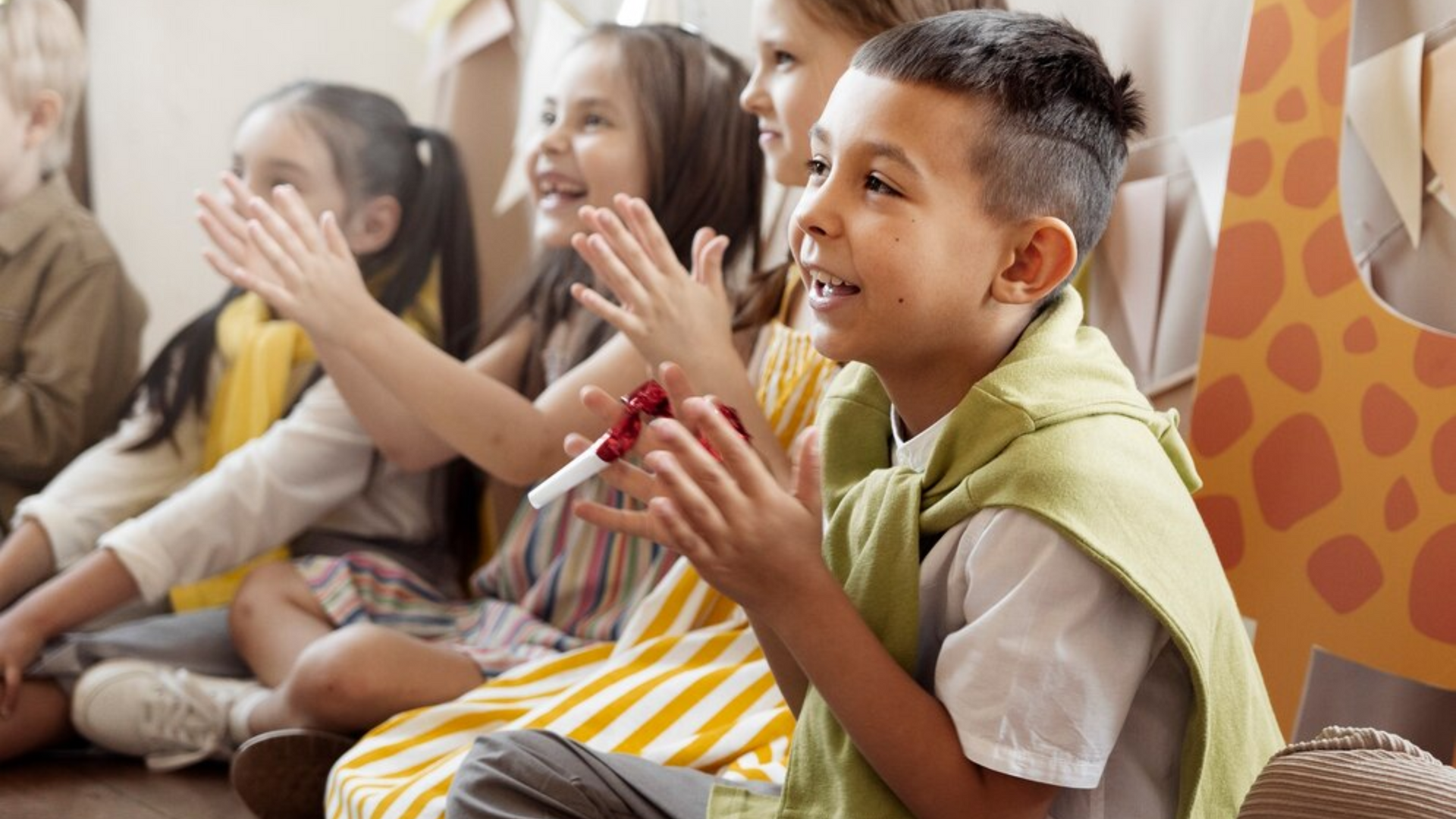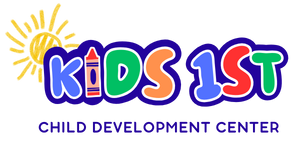Beyond ABCs: Developing Social Skills at Kids 1st Child Development Center

When most people think of early childhood education, their minds go straight to the basics: learning the alphabet, counting numbers, and identifying shapes and colors. And while those foundational skills are certainly important, they only tell part of the story. At Kids 1st Child Development Center in North Little Rock, Arkansas, we know that preparing children for school and life means going far beyond ABCs.
One of the most crucial areas of development in the early years is social growth. Social skills help children connect with others, work as a team, resolve conflicts, express themselves appropriately, and build meaningful relationships. They set the stage for future academic success, emotional resilience, and positive mental health. That’s why social development is a core focus in our curriculum and daily routines.
Let’s take a deeper look at how Kids 1st nurtures social skills in young children—through play, guidance, and a whole lot of love.
The Importance of Social Development in Early Childhood
Social-emotional skills are the backbone of a well-rounded education. Research shows that children with strong social skills are more likely to:
- Succeed academically
- Develop better self-esteem
- Form lasting friendships
- Navigate challenges with confidence
- Communicate effectively with peers and adults
These skills aren’t innate; they are learned through daily experiences, modeled behavior, and positive reinforcement. The earlier they are introduced, the better prepared children are for future school environments where cooperation, teamwork, and empathy are expected.
1. Structured Group Activities that Promote Collaboration
At Kids 1st, we design each day to include age-appropriate group activities that teach toddlers and preschoolers how to work with others. From cooperative games and group art projects to story time and shared tasks, children learn how to:
- Take turns
- Listen to others
- Respect personal space
- Participate in group decision-making
These activities build essential communication and teamwork skills while allowing children to practice patience and compromise. Our teachers carefully observe group dynamics and gently guide children to problem-solve conflicts and celebrate each other’s successes.
2. Learning Through Dramatic Play
One of the most powerful tools we use to develop social skills is dramatic play. Our classrooms feature themed play centers—like a pretend kitchen, doctor’s office, grocery store, or school—that encourage children to act out real-life scenarios.
As children take on different roles and negotiate play scenarios, they learn to:
- Express ideas clearly
- Understand other perspectives
- Practice empathy
- Follow social cues
For example, when a child pretends to be a cashier, they practice polite exchanges and turn-taking. When another child plays the patient in a doctor’s office, they may express feelings of worry or ask questions, prompting nurturing responses from their peers.
Dramatic play provides a natural and safe environment for children to explore social norms, express emotions, and develop confidence in their interactions.
3. Encouraging Positive Peer Relationships
Helping children build friendships is a central focus at Kids 1st. Our teachers foster a classroom culture where kindness, inclusion, and support are the norms. We encourage children to make connections with peers through:
- Buddy systems
- Team clean-up activities
- Group songs and dances
- Peer-led activities (with teacher support)
We also teach children how to handle disagreements respectfully. If two children want the same toy, our educators coach them through conflict resolution strategies, such as using words to express their needs, seeking compromise, or taking turns with a timer.
These early lessons in conflict resolution help prevent aggressive behavior and lay the foundation for respectful communication as children grow.
4. Modeling and Reinforcing Social Expectations
Young children learn by example, and our teachers at Kids 1st are skilled at modeling appropriate social behaviors. Whether it’s saying "please" and "thank you," acknowledging feelings, or using calm tones during stressful moments, our educators lead by example.
We also use gentle guidance and positive reinforcement to help children understand what is expected in different situations. Praise is specific and encouraging:
- "You helped your friend clean up without being asked. That was very kind."
- "I saw you wait patiently for your turn. Great job showing self-control."
By celebrating positive behaviors and offering guidance when challenges arise, children begin to internalize healthy social norms.
5. Emotional Literacy and Empathy Building
Social skills and emotional development go hand in hand. Before a child can respond to others in a healthy way, they must first understand and manage their own emotions. At Kids 1st, we incorporate emotional literacy into our daily activities.
We use:
- Books and stories that explore feelings and friendships
- "Feeling faces" charts and activities
- Group discussions about emotions
- Breathing and mindfulness techniques to calm big feelings
Children are encouraged to talk about their emotions and are supported when they feel upset, anxious, or excited. This emotional awareness makes it easier for them to respond with empathy when others are having strong feelings.
6. Celebrating Diversity and Inclusion
We believe that every child deserves to feel seen, valued, and included. Social skills aren’t just about interacting with others—they’re about respecting differences and embracing diversity.
Our curriculum includes age-appropriate lessons on inclusion and cultural awareness. We read books featuring diverse characters, celebrate various holidays, and talk about what makes each child unique. Through these discussions, children learn acceptance and develop a broader worldview.
Building Social Confidence That Lasts a Lifetime
The social skills learned at Kids 1st will follow children far beyond their time with us. By the time they graduate from our program, children have had years of experience forming friendships, resolving conflicts, expressing themselves, and adapting to social environments.
These early lessons in cooperation, empathy, and communication serve as stepping stones for academic achievement and successful relationships throughout life.
Whether your child is naturally outgoing or more reserved, our team of experienced educators is here to meet them where they are and help them grow socially at their own pace. We take pride in creating an inclusive environment where every child can thrive.
Join the Kids 1st Family in North Little Rock
Social development starts early, and the right learning environment makes all the difference. At Kids 1st Child Development Center, we go far beyond teaching letters and numbers. We help children build friendships, understand emotions, and communicate with confidence.
Interested in how we keep the learning and social development going all year long? Take a look at our article about year-round daycare benefits. And when you’re ready to secure a spot in a top-tier program that focuses on the whole child, don’t miss our guide on how to enroll in a high-quality childcare center.
